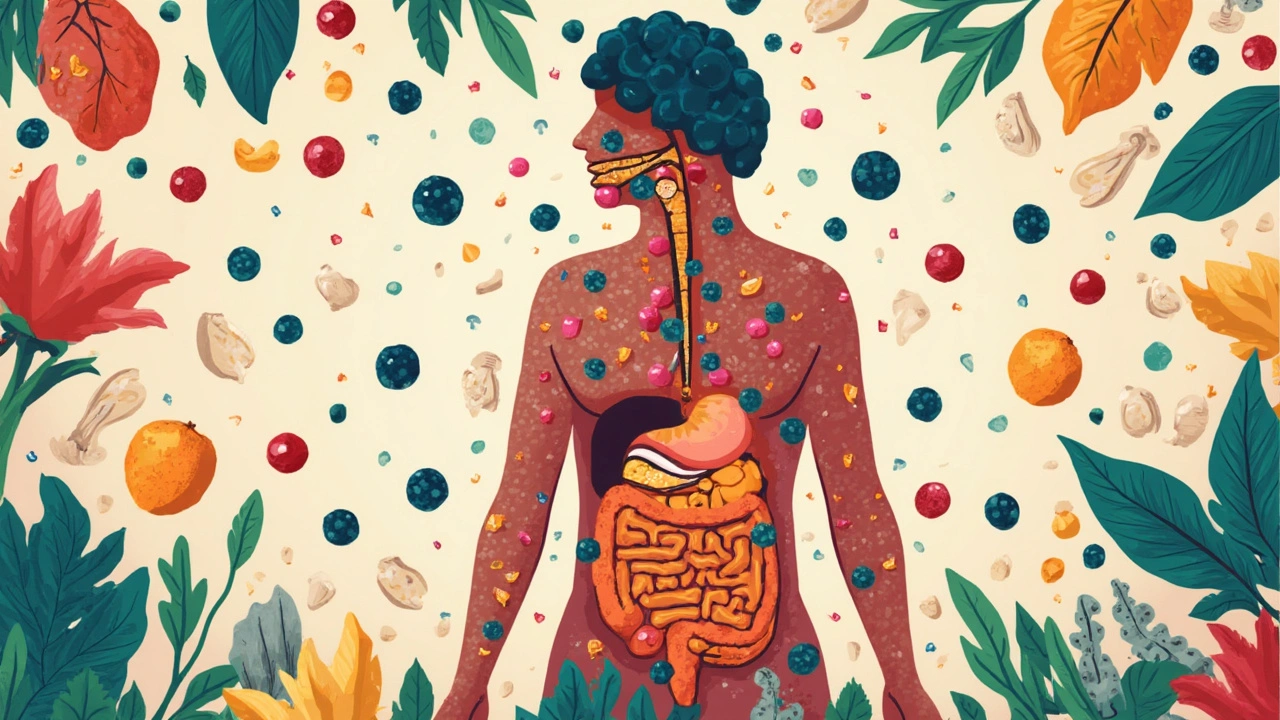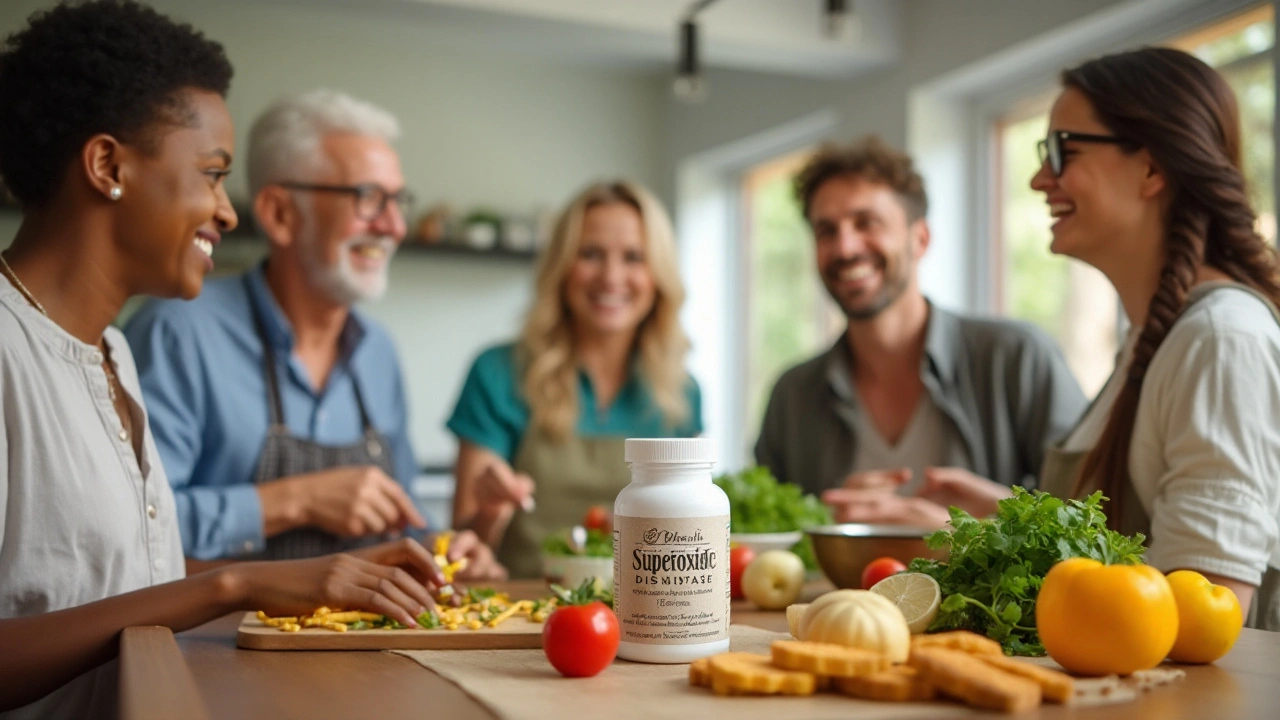Antioxidants: What They Are and Why You Need Them
Ever wonder why some foods make you feel more energetic while others leave you sluggish? The secret often lies in antioxidants. These tiny molecules act like bodyguards, hunting down free radicals that can damage cells and speed up aging. When you fill your plate with antioxidant‑rich foods, you’re giving your body the tools it needs to stay resilient.
How Antioxidants Fight Free Radicals
Free radicals are unstable atoms that pop up during normal metabolism, stress, or exposure to pollutants. Because they’re looking for electrons, they can steal them from healthy cells, causing oxidative stress. Antioxidants donate those missing electrons without becoming unstable themselves, effectively neutralizing the threat. Think of it as a game of musical chairs where the antioxidant always finds a seat, leaving the free radical out.
Common antioxidants include vitamins C and E, beta‑carotene, selenium, and flavonoids. Each works a little differently, but the end goal is the same: protect DNA, support immune function, and keep inflammation in check.
Easy Ways to Load Up on Antioxidants
Adding antioxidants to your daily routine doesn’t require a fancy diet plan. Here are practical steps you can start today:
- Colorful fruits and veggies: Berries, oranges, spinach, and bell peppers are packed with vitamin C and polyphenols.
- Nuts and seeds: Almonds, walnuts, and pumpkin seeds deliver vitamin E and selenium.
- Whole grains and legumes: Oats, quinoa, and beans contain antioxidant fibers that also support gut health.
- Spices and herbs: Turmeric, ginger, and rosemary add flavonoids and can be tossed into soups or smoothies.
- Green tea: A cup a day offers catechins, a powerful group of antioxidants.
If you’re looking for a quick snack, a handful of mixed berries with a sprinkle of nuts hits multiple antioxidant categories at once. For meals, try a stir‑fry that mixes leafy greens, colorful peppers, and a dash of turmeric.
Remember, cooking can affect antioxidant levels. Light steaming preserves vitamin C, while a brief roast can boost the availability of certain polyphenols. So don’t worry about over‑cooking—just aim for a mix of raw and lightly cooked produce.
By making these small swaps, you’ll likely notice steadier energy, clearer skin, and fewer post‑workout aches. Your body is simply thanking you for the extra protection.
Feeling ready to boost your antioxidant intake? Start with one new food this week, track how you feel, and keep adding varieties. The more colors on your plate, the stronger your natural defense system becomes.


